
The FDA in U.S. has approved Yeztugo (lenacapvir), a twice-yearly injection to prevent HIV infection that could improve adherence rates compared to other PrEP medications and with minimal side effects.

Rising from Earth's core beneath Oman, the unusually elusive column of hot rock shows no surface volcanic activity, unlike typical plumes.
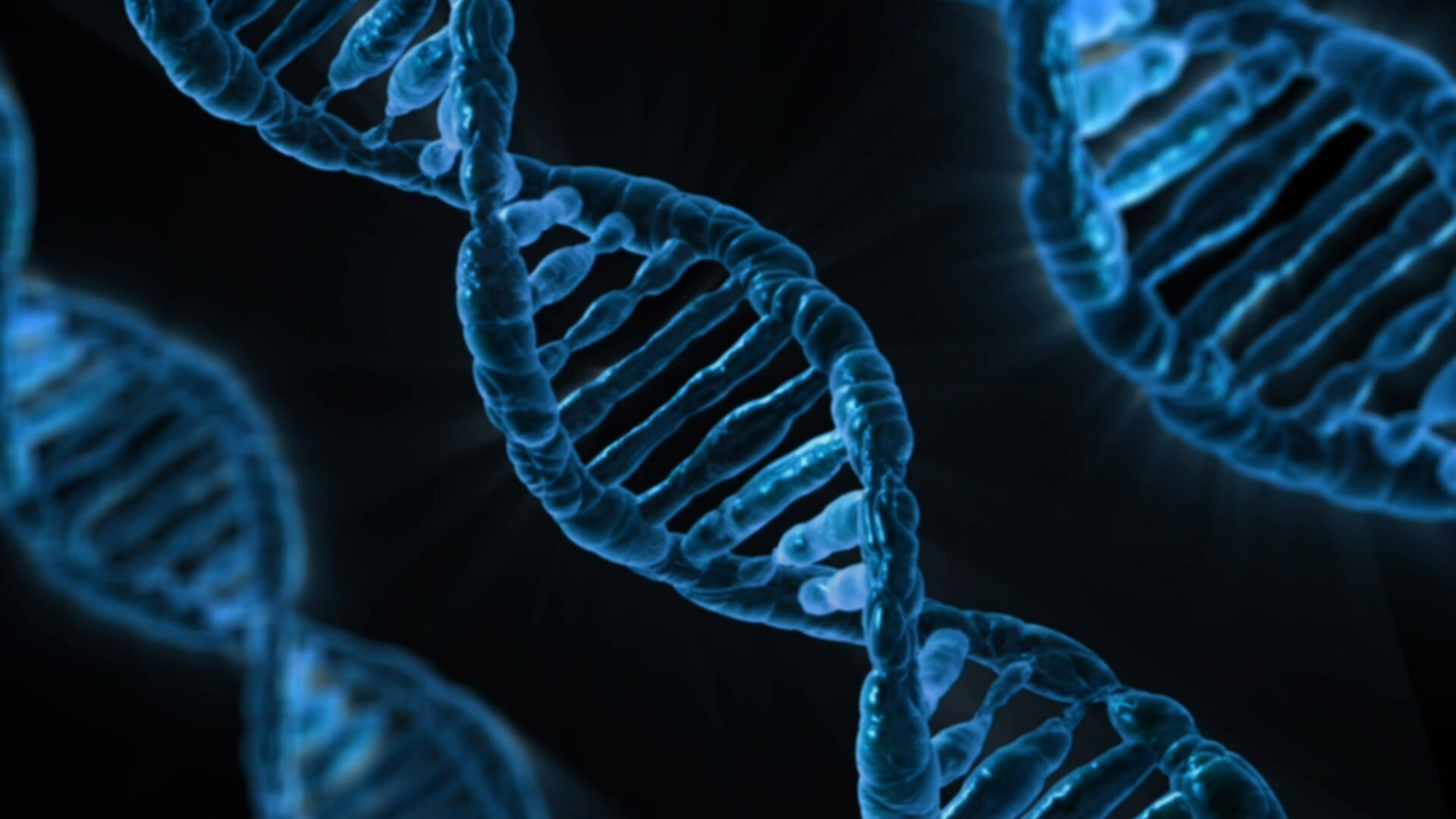
Gene expression, where cells use the genetic information encoded in DNA to produce proteins, has been thought of as a dimmer light.

Physicists from Germany, Switzerland, and Australia have now placed new restrictions on where one example of a 'fifth' force may be hiding in the hearts of atoms, exchanging whispers between electrons and neutrons.
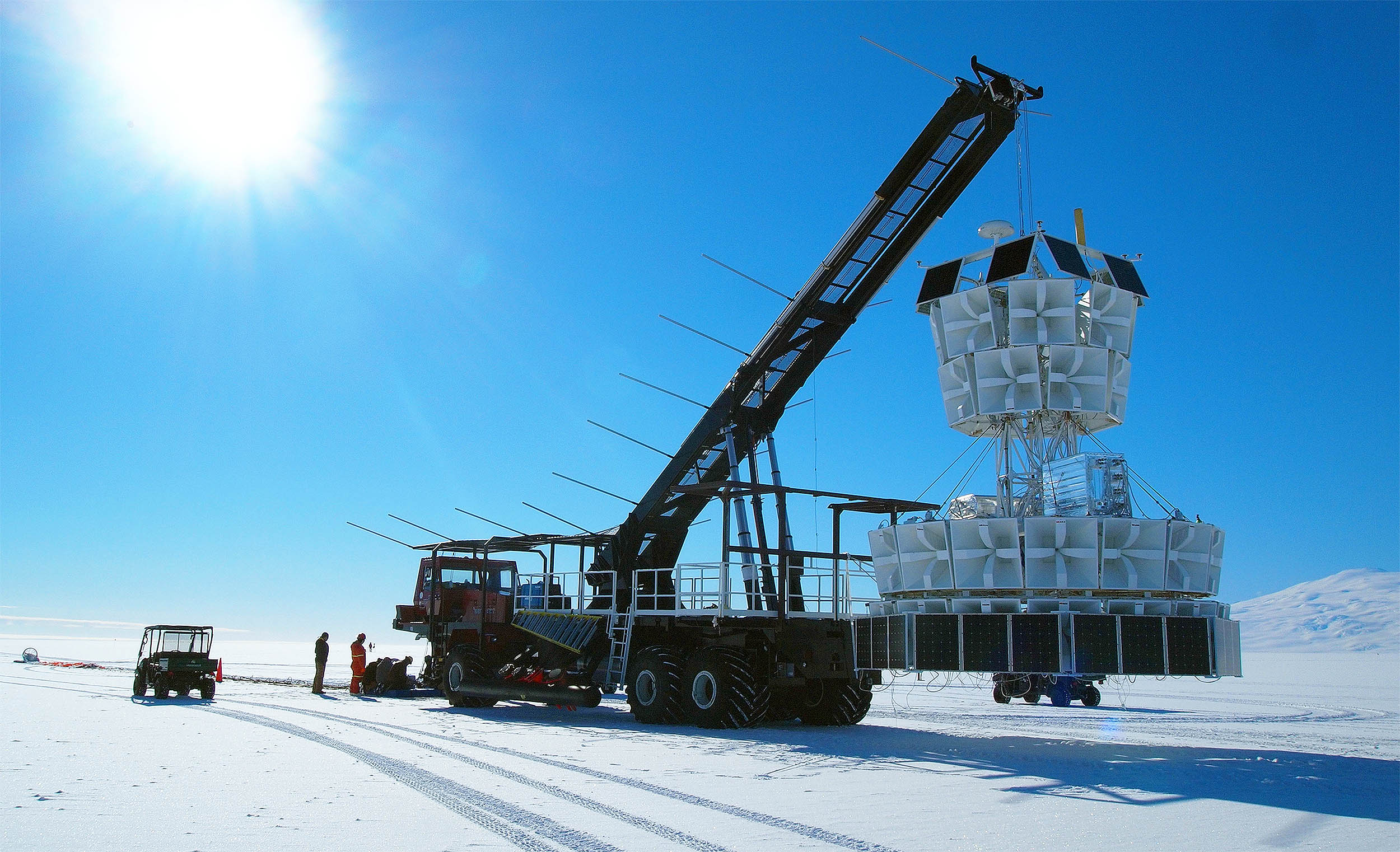
The ANITA experiment, built to detect neutrinos, has detected very strange radio waves coming from deep below the Antarctic ice.
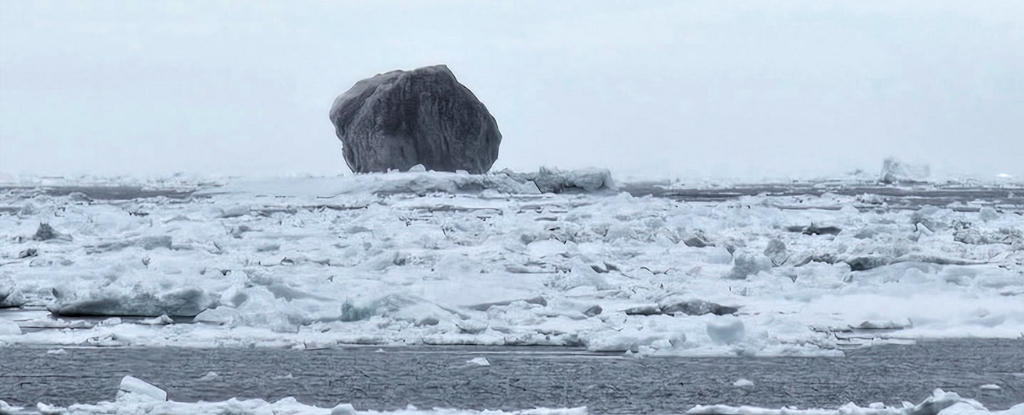
Floating serenely amid the pale ice chunks in the Labrador Sea was one iceberg that appeared as black as soot.
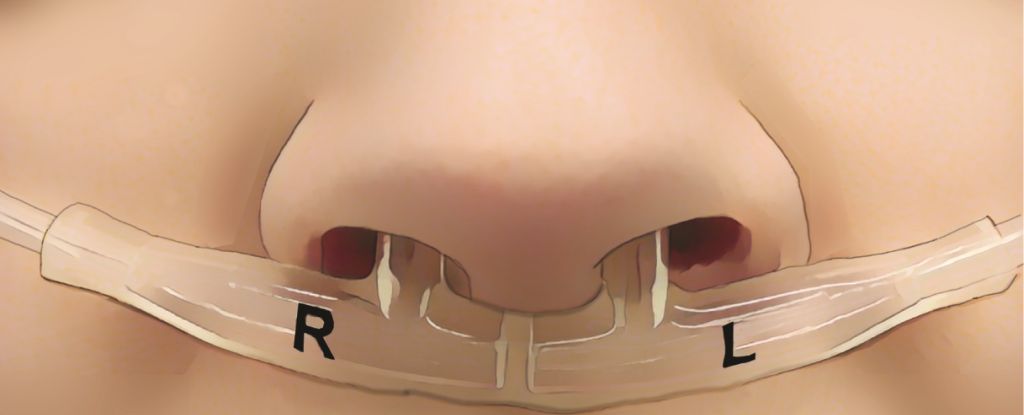
Every single human on this planet is as distinct as a snowflake; a combination of traits and genes and microbes that, as far as we can tell, is not replicated exactly in any other single human.

Scientists have observed yet another type of magnetism for the first time within a lab-made crystal, promising to drive improvements in efficiency and speed in electronics as well as open new areas to explore in fundamental physics.

The Wallace Line divides species in Southeast Asia. A deep ocean trench prevents animal migration. Even flying birds rarely cross it.

China is going full Jules Verne as it prepares to go where no drill has gone before. As part of its Deep Ocean Drilling Program, the special-built Meng Xiang ("Dream") drill ship is gearing up for a multi-year effort to pierce the Earth's crust.
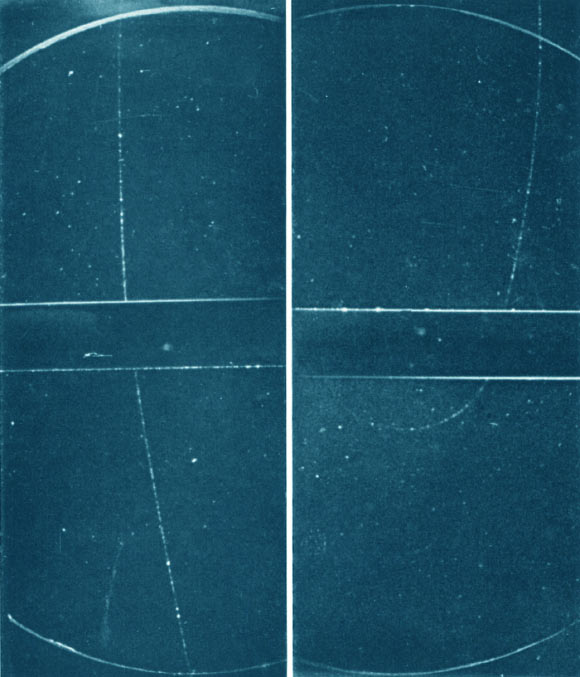
Physicists from the Muon g-2 experiment have released their third measurement of the muon magnetic anomaly.

A team of astronomers led by Michael Janssen (Radboud University, The Netherlands) has trained a neural network with millions of synthetic black hole data sets.

But Earth's atmosphere wasn't always like it is today, and scientists predict that in the future, it will revert back to one that's rich in methane and low in oxygen.

South Africa's land is rising due to long-term drought. GPS and satellite data show the uplift is linked to drying underground water.
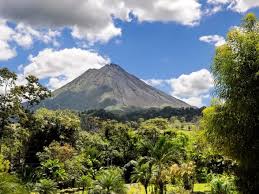
Volcanoes often give little warning before they erupt, but now scientists have discovered an unexpected early warning sign—trees.